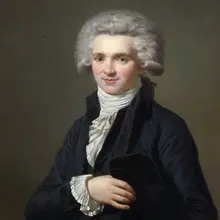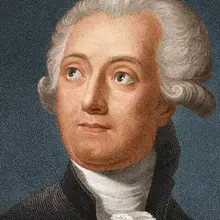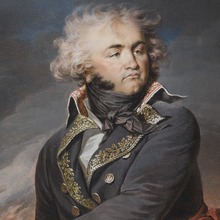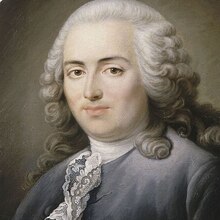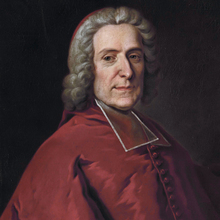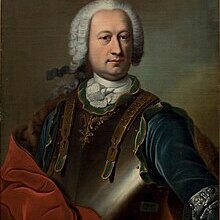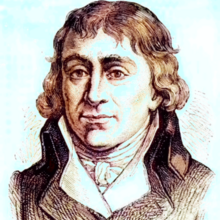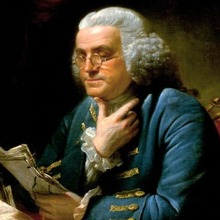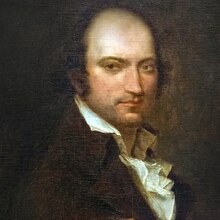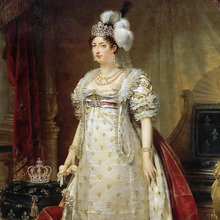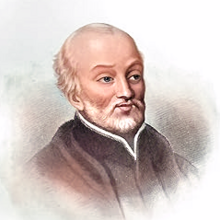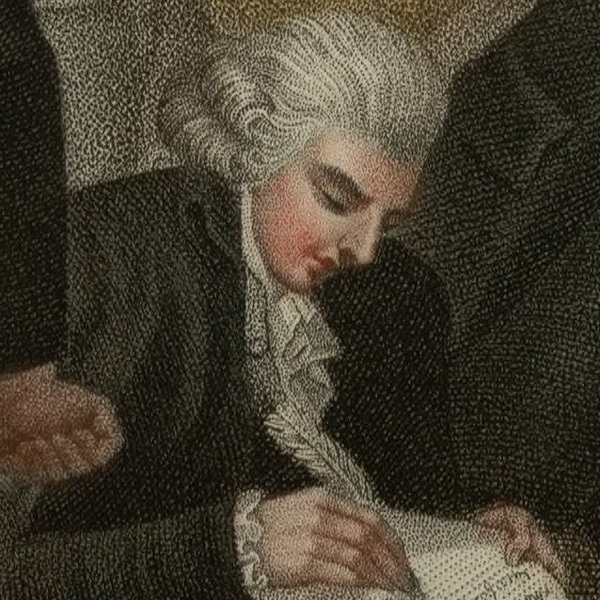
Personal
Other names:
Job / Known for:
Radical priest and leader
Left traces:
His Manifesto of the Enragés
Born
Date:
1752-08-21
Location:
FR
Pranzac, France
Died
Date:
1794-02-10 (aged 42)
Resting place:
FR
Death Cause:
Suicide by stabbing himself
Family
Spouse:
Children:
Parent(s):
Jean Roux and Marie-Anne Lavaud
QR Code:
Show More
Rank
Users ranking to :
Thanks, you rate star
Ranking
5.0
1
Fullname
Jacques Roux
Slogan
Liberty is no more than an empty shell when one class of men can starve another with impunity
About me / Bio:
Show More
Article for Jacques Roux
Died profile like Jacques Roux
Comments:

